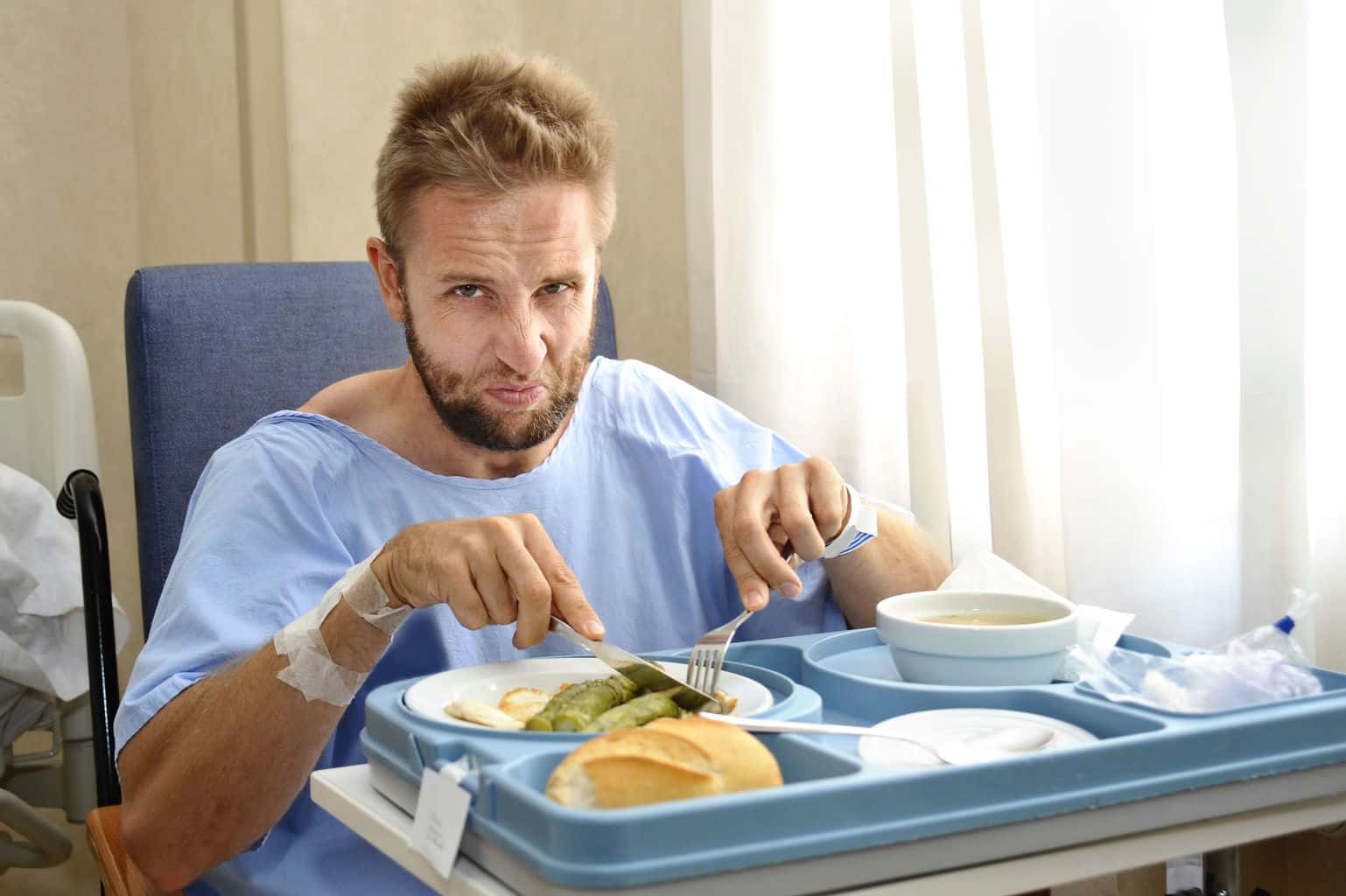
[cmamad id=”5250″ align=”center” tabid=”display-desktop” mobid=”display-desktop” stg=””]
People assume that what their doctor tells them is based on proven science.
But what doctors tell you to do is often not based on proven science at all.
Most of what they tell you is based on customs that were established based on “that appears to help.”
So if you have poison ivy, and ice appears to help, the treatment for poison ivy would be ice.
But we know that ice relieves the pain, but it does NOT help to cure the rash that the poison causes.
A lot of what doctors learn comes from this type of trial and error.
And that means that not all of it does what they think it does.
Much of it doesn’t help at all, and instead, it’s harmful to the patient and does other damage!
Slowly but surely the truth comes out.
[cmamad id=”5251″ align=”center” tabid=”display-desktop” mobid=”display-desktop” stg=””]
We’re finding out that many doctors orders, and many medical practices, actually cause more harm than anything else.
So today I want to show you a new study about post-operative diets.
Nobody had bothered ever looking at this before to my knowledge.
These doctors and researchers looked at the kind of special diets doctors prescribe for after operations.
Shockingly, most of these diets are completely harmful rather than helpful to the patient.

Routinely after surgery many patients are told to be on a low-fat or a low-salt diet.
The problem is that the body NEEDS fats and salts to help recuperate.
So just when patients need to get their strength up, they’re eating extremely unpalatable, horrible hospital food.
Many people don’t eat as much as they should because the food has no taste — most taste comes from fat, salt, and sugar.
So they don’t eat what they should, and they actually get sicker.
And there’s really no justification for low-salt or low-fat diets in most cases.
In fact, people who are not on these diets postoperatively recover faster.
They meet their nutritional needs at a time when their body is recovering from the terrible shock of surgery.
What’s worse is that in many cases, these diets actually are medically very harmful.
For example, after patients have surgery involving heart failure, they are often given a low salt diet.
But a low-salt diet actually is harmful at this point and may cause them to become WORSE.
Data show that sodium restriction is harmful in heart failure due to its detrimental effects caused by the activation of antidiuretic and antinatriuretic systems.
For heart patients, many of these diets are low in saturated fats.
What do they use to replace saturated fats?
PUFAs — vegetable oil.
I’ve been telling you for the past year how harmful these fats are.
How they lower your metabolism and create a much higher chance of getting cancer, and are bad for your heart, bad for your liver.
This study says that there is:
no association between dietary saturated fats and cardiovascular disease. The earlier recommendation to replace saturated fats with polyunsaturated fatty acids was questioned in a recent meta-analysis of 76 studies.
So it starts out with the hospitalization which is very stressful and difficult for you.
But then they want to give you a diet that’s terrible for you and will make you sicker.
Hopefully, you can just say no.
Hopefully, you’ll remember this.
And in case you don’t realize how traumatic surgery really is, let me give you this study.

Surgeons and physicians routinely underestimate the damage and stress caused by surgery, any surgery.
One side effect of surgery is that it raises cortisol levels 3 to 4 times regular levels.
Higher cortisol levels make the body start digesting its own proteins.
This makes you lose muscle mass.
And it’s happening at a time when you need all the muscle mass you can get.
Plus, cortisol causes a lot of free fatty acids to enter the bloodstream.
The free fatty acids increase insulin resistance and the chances of getting diabetes.
There are many extremely negative effects of even minor surgery — even as simple as a tooth extraction.
What can help a great deal is good nutrition.
A good nutrition plan is more than just a balance of vitamins and minerals.
You need to avoid polyunsaturated fatty acids.
It’s best to ignore the current myth that sugar is bad… you need to get plenty of sugar.
The best forms of sugar are fruit juice, ripe fruit, honey, and even table sugar.
Make sure that you are getting enough vitamin D and vitamin K2.
Now, always check with your doctor first, but it makes sense to boost your nutrition if you are getting even minor surgery.
And watch out for those special diets they want to give you afterward.

http://www.sciencedirect.com/science/article/pii/S0899900715004566
http://bja.oxfordjournals.org/content/85/1/109.full

Leave a Reply